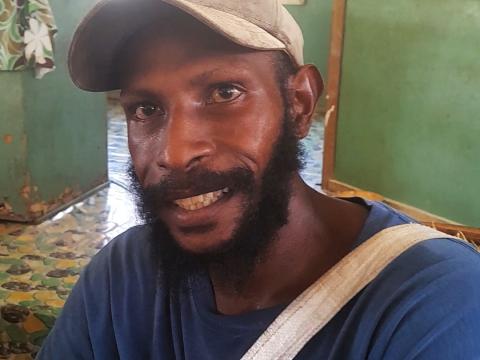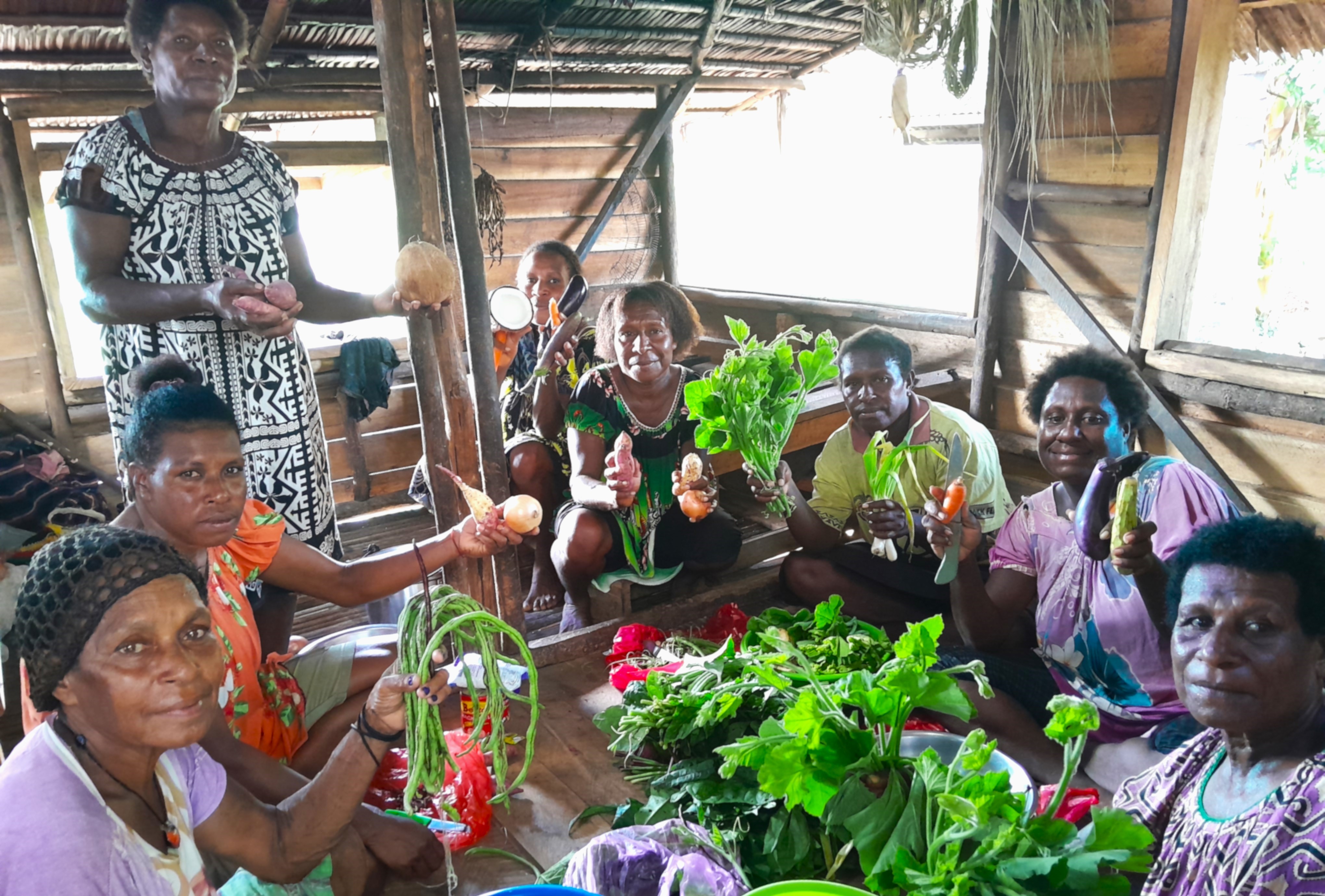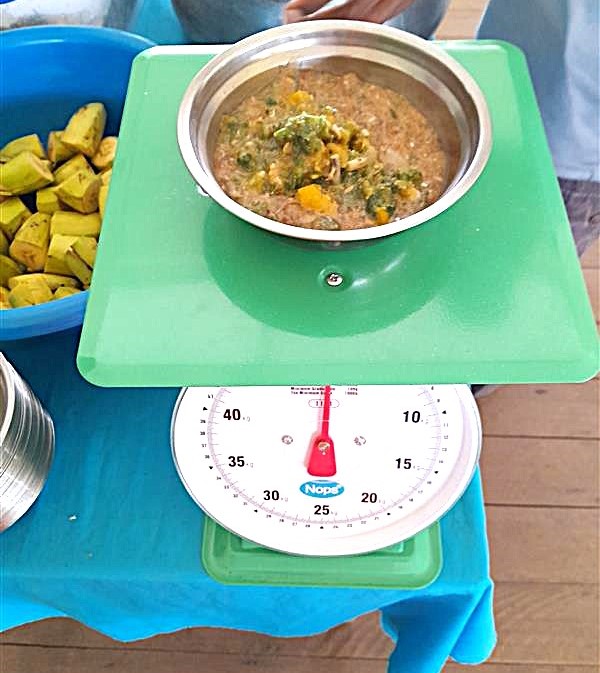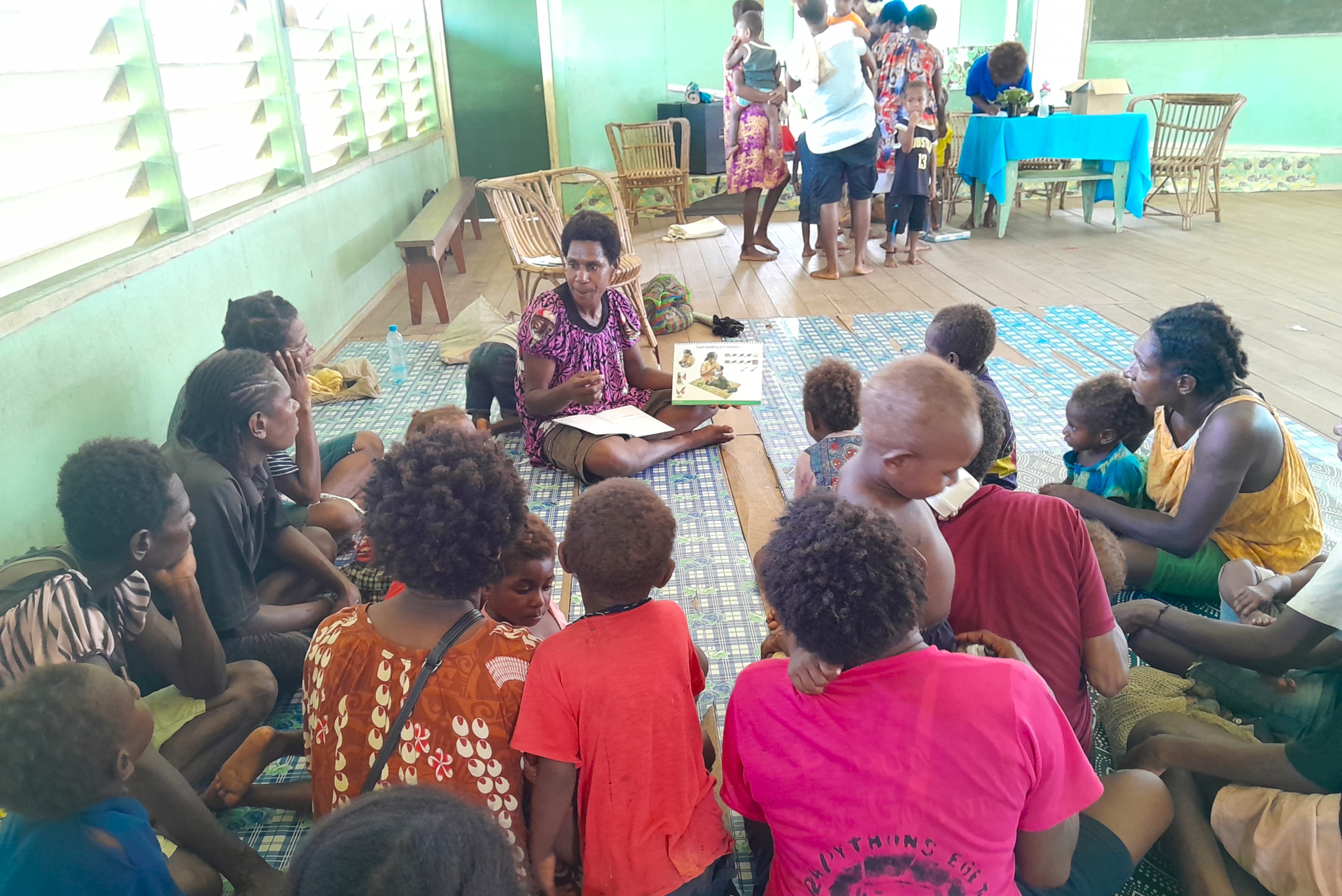A Parent's Joy: A Journey of Hope and Nourishment

Have you ever witnessed the sheer joy of a parent seeing their child thrive for the first time?
Through World Vision’s Better Enhanced Agriculture for Nutrition (BEAN) project, Benny David, father of two-year-old Joshua, is a witness to this nutritional transformation.
For two years, Benny had struggled to feed his son. Little Joshua, is a special needs child (general body paralysis) due to cerebral meningitis, who had never eaten solid food, relying solely on sunshine milk to keep him going.
"I tried feeding him noodles, but it never worked, we were in and out of the hospital, but nothing improved. We were only given medication and sent home”, Benny recalls.
Until recently, when Benny heard about the BEAN project by World Vision that weighed children to detect malnutrition. He took Joshua to the program, where the Village Health Assistants (VHAs) and World Vision nutrition officers informed him that Joshua was underweight (severe malnutrition with a good appetite test). They recommended a special rehabilitation program to help Joshua eat nutritious food daily for 12 days to help Joshua gain weight.
Joshua received support from the World Vision Better Enhanced Agriculture for Nutrition (BEAN) project. Through the nutrition rehabilitation program model- Positive Deviant Hearth (PDH), Joshua was closely monitored by a VHA to ensure he took his nutritional meals during the program.
The PDH model is a community-based and community-led behavior change program designed to combat malnutrition. It is based on the idea that solutions to community problems already exist within the community and need to be uncovered. In the Hearth sessions, community volunteers and caregivers of malnourished children practice new cooking, feeding, hygiene, care, and health-seeking behaviors that have been shown to rehabilitate malnourished children.
The 4 main purposes of the PDH model are;
1. Quickly rehabilitate malnourished children
2. Enable families to sustain the rehabilitation of these children
3. Prevent future malnutrition among all children in the community.
4. Ensure caregivers are aware and equipped with essential knowledge of food preparation.
The rehabilitation program enrolled 61 underweight (mild, moderated, and severe with good appetite test malnutrition) children from three wards (Page, Igida, and Biase) in Balimo Urban LLG, Delta Fly District in Western Province, and the program will continue for 12 days. Hopefully, Joshua will gain the required weight and successfully graduate at the end of the rehabilitation program.
"I am overwhelmed with joy to see my child eating mashed nutritious food that he has never eaten before," Benny says.
This story is a testament to the power of hope, determination, and the right support. Benny’s excitement and Joshua's progress remind us that with the right help, every child can live their life to the fullest.


